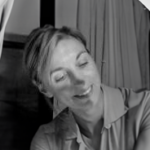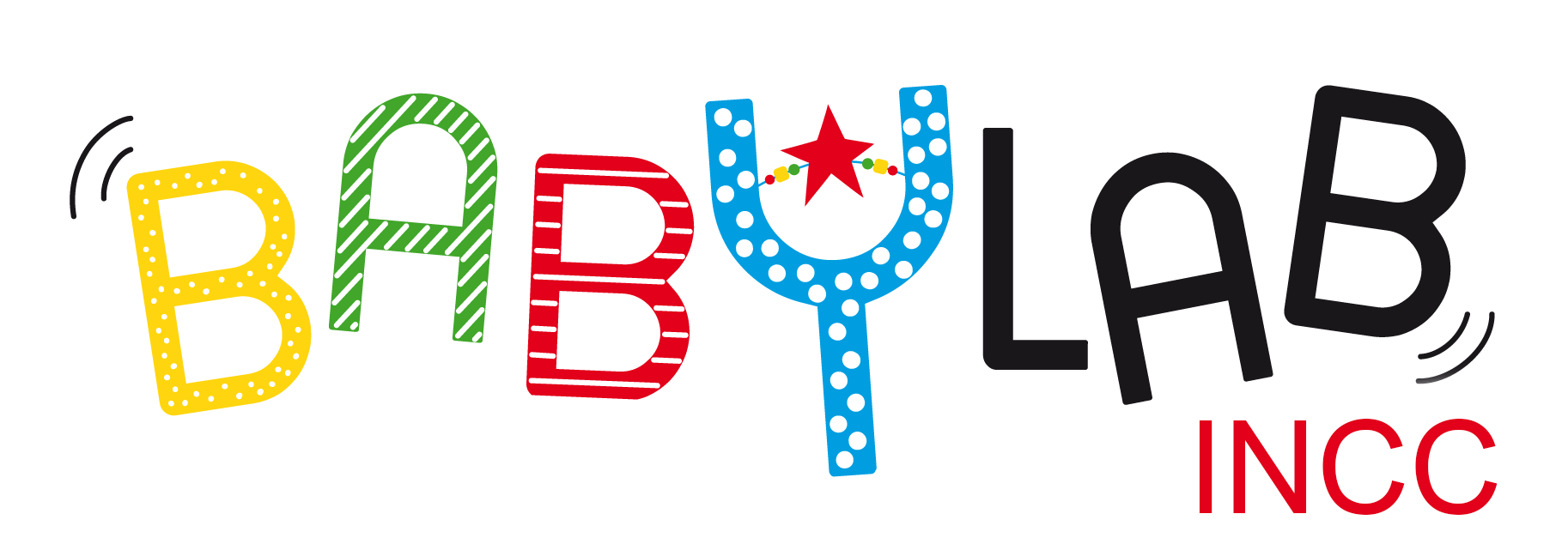Ranka Bijeljac-Babic
Retired Associate Professor – Hosted

Most babies are likely to learn several languages. I am trying to understand how children who are bilingual from birth acquire their two languages. Currently, I study monolingual and bilingual infants’ ability to perceive and produce the accentuation of words in different languages.
Relevant links: Summary of research and recommendations on bilingualism in nursery and elementary schools (in french)
Ongoing project
Scene perception and semantics
Our goal in the current project is to study the cognitive and neural mechanisms underlying the development of semantic scene knowledge and the detection of semantic incongruence in visual scenes.

Project team lead
Pia Rämä
What makes newborn walking: role of visual and somesthesic stimulation

Project team lead
Marianne Barbu- Roth
Spatial components of numerical and ordinal information: origins and development

Project team lead
Maria Dolores (Lola) de Hevia
ERC Advanced Grant FEEL and GoalRobots

Project team lead
Kevin O'Regan

Project team lead
Jacqueline Fagard
The efficient neural coding of sounds

Project team lead
Judith Gervain
Role of visual information in speech perception/production development

Project team lead
Thierry Nazzi

Project team lead
Arlette Streri
A general sense of quantity at birth

Project team lead
Maria Dolores (Lola) de Hevia
Prosodic grouping biases from birth to adulthood in monolingual speakers
This project studies how adults and young children use variations in intensity, duration and intonation to group syllables into word units.

Project team lead
Thierry Nazzi
Characterisation of the processing of acoustic cues and speech processing in noise in normal-hearing and hearing-impaired children with mild to moderate sensorineural hearing loss – SPINTAE
In this large-scale study, we aim to evaluate the processing abilities of different acoustic indices between 5 and 10 years of age in children without hearing problems and those with sensorineural hearing loss.

Project team lead
Laurianne Cabrera
Neural processing of temporal modulations and computational modelling – Heardevcomp
The processing of acoustic information, such as variations in sound amplitude over time called “sound envelope”, is of crucial importance for speech perception in adults. We will seek to characterize the evolution of sound envelope processing during development in infants.

Project team lead
Laurianne Cabrera
Selected Publications
– Bijeljac-Babic, R. 2019. Développement du langage chez l’enfant monolingue et bilingue. In Le développement du bébé : de la vie foetale à la marche, E. Devouche et J. Provasi, Paris : Elsevier Masson.
– Höhle, B, Bijeljac-Babic, R., Nazzi, T. 2019. Variability and stability in early language acquisition: Comparing monolingual and bilingual infants’ speech perception and word recognition. Bilingualism: Language and Cognition, 1–16.
– Bijeljac-Babic R, Höhle B, Nazzi T. (2016). Early prosodic acquisition in bilingual infants: The case of the perceptual trochaic bias. Frontiers in Psychology, 7, 210.
– Bijeljac-Babic R, Nassurally K, Havy M, Nazzi T. (2009). Infants can rapidly learn words in a foreign language. Infant Behavior and Development, 32, 476-480.
– Höhle B, Bijeljac-Babic R, Herold B, Weissenborn J, Nazzi T. (2009). The development of language specific prosodic preferences during the first half year of life: evidence from German and French. Infant Behavior and Development, 32, 262-274.
